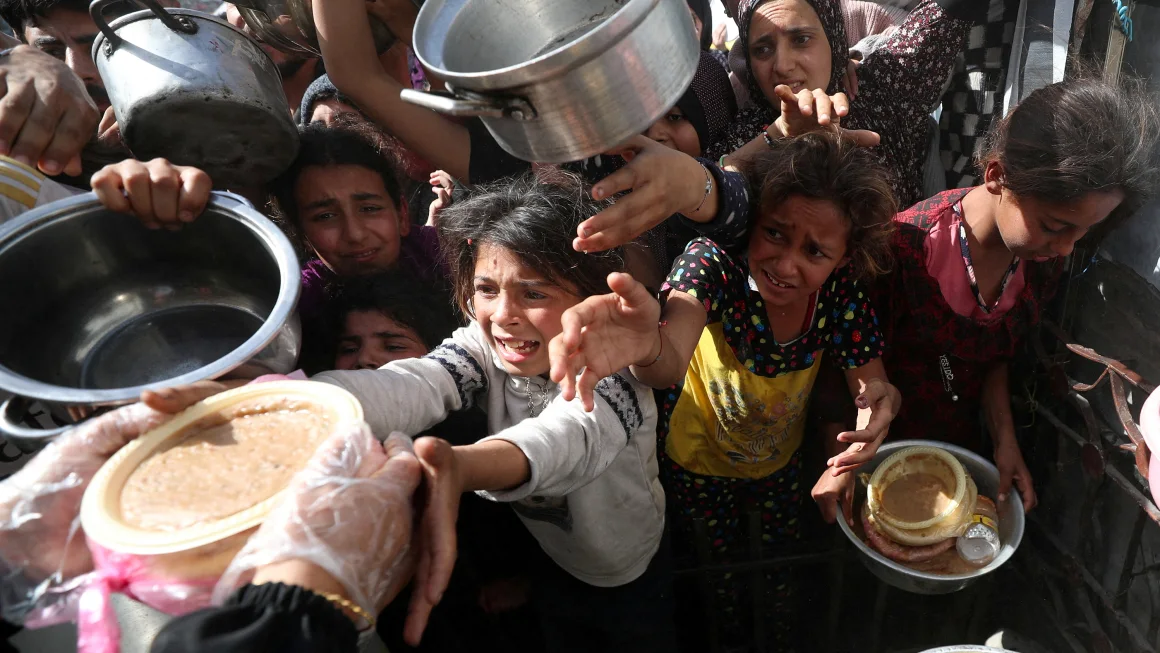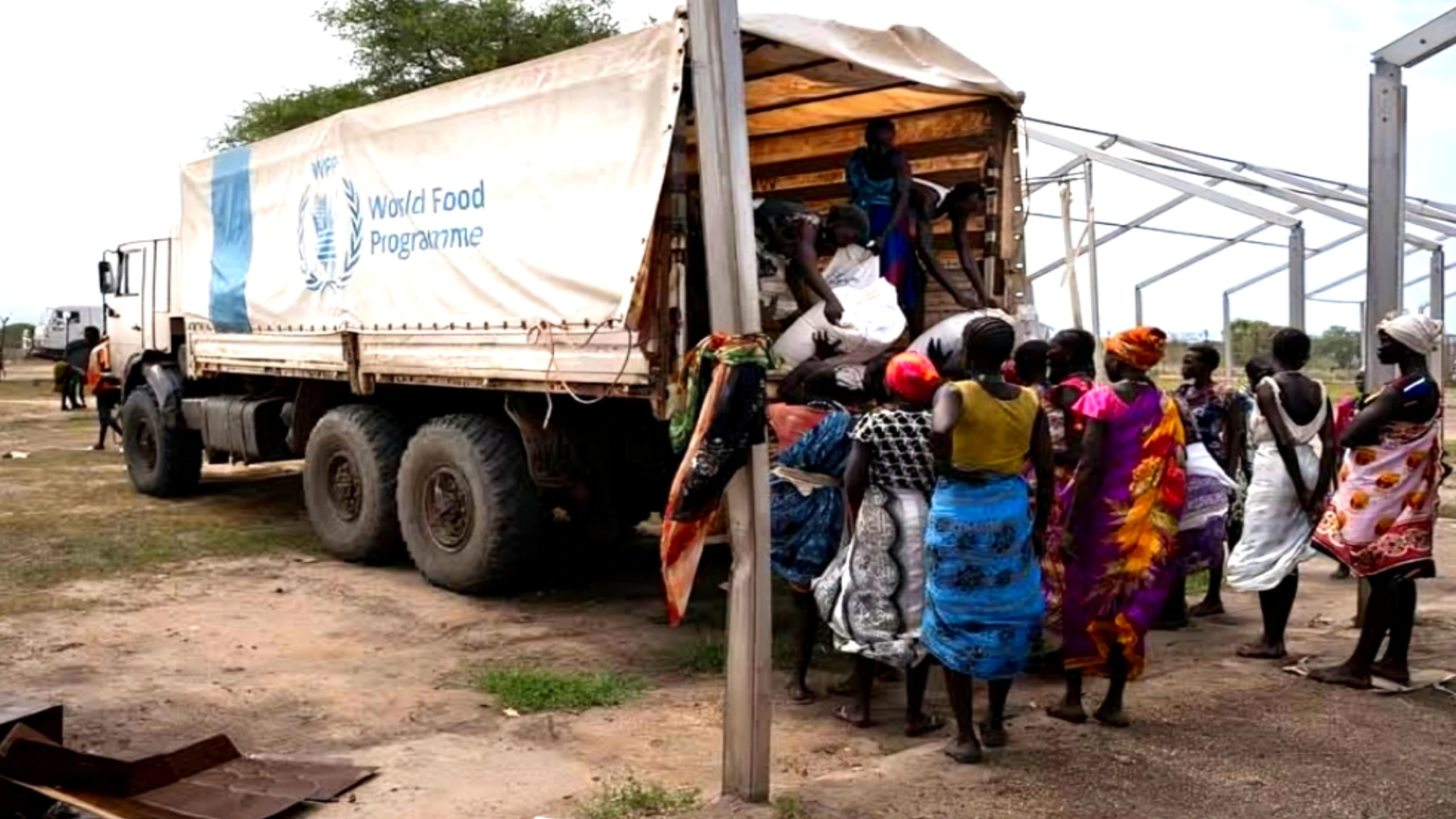Gaza: One month after Israel stopped all humanitarian aid from entering Gaza, the situation has become extremely dangerous for over two million people. Israel cut off food, water, and other supplies to pressure Hamas into releasing hostages and changing ceasefire rules.
Since then, intense military attacks have forced more than 280,000 people to leave their homes in just two weeks, and now two-thirds of Gaza is too dangerous for people to enter.
Many civilians are forced to live on the streets, in parks, near garbage dumps, or in buildings that are on the verge of collapse.
In Gaza City, only 40% of the people have access to water, and about 175,000 tonnes of waste have piled up, making living conditions even worse. Aid agencies and local witnesses tell CNN that hunger is spreading quickly and that makeshift camps are now infested with fleas and mites.
All 25 subsidized bakeries in Gaza have shut down because there is no cooking gas or flour available, and more than one million people did not receive food parcels in March.
The little food that is left will only last for about two more weeks, and the cost of a bag of wheat flour has increased by 450%. This severe shortage of food is causing widespread malnutrition and adding to the growing crisis.
Hospitals are overwhelmed with the number of injured people. Al-Shifa Hospital in northern Gaza is now treating 400 patients every day, almost three times as many as before fighting resumed.
At Al-Ahli Arab Baptist Hospital, 128 injured people arrived on April 3 alone, forcing doctors to choose who gets surgery first. Many patients have died while waiting for help because there are not enough resources, operating rooms, or medical staff available.
Meanwhile, huge amounts of aid, including about 89,000 tonnes of food, remain stuck outside Gaza because aid trucks cannot cross the border. The Israeli agency COGAT is planning a new system to monitor aid deliveries and make sure help reaches those in need, but this plan will only work if there is a ceasefire or a change in government policy.
With nearly 100 children being killed or injured each day and many families left with only the clothes on their backs, the crisis in Gaza continues to worsen, leaving civilians facing starvation, disease, and a collapsing health system.








